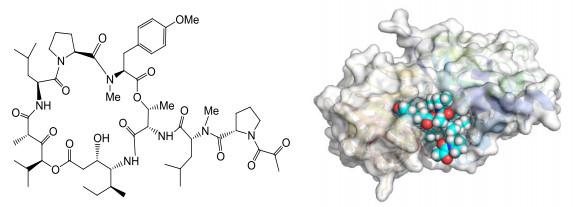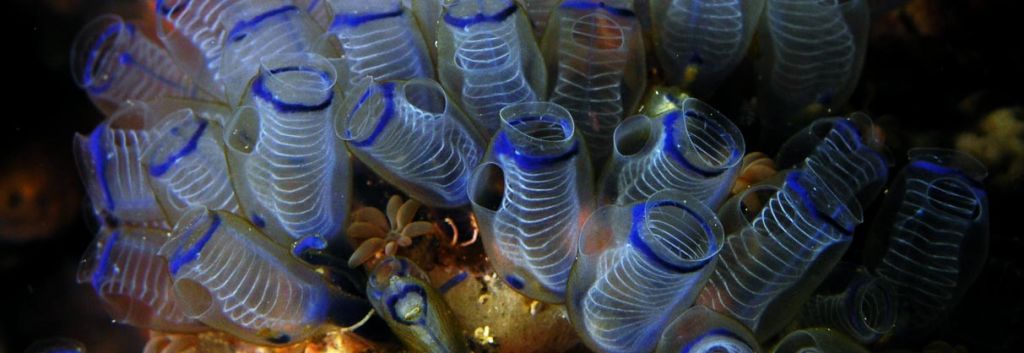PharmaMar is closer to have another cancer drug on the market, after the success of phase III trials with Aplidin for Multiple Myeloma.
 Based in Madrid, PharmaMar is a Biopharma developing anti-cancer drugs, with an interesting strategy for drug discovery. It researches compounds present in marine organisms and assess if they have any biological action on tumor cells.
Based in Madrid, PharmaMar is a Biopharma developing anti-cancer drugs, with an interesting strategy for drug discovery. It researches compounds present in marine organisms and assess if they have any biological action on tumor cells.
This kind of bio-mining is being done in many environments – including deserts. For PharmaMar, it yielded 4 potential candidates so far – one of which (Yondelis) is already on the market for soft tissue sarcomas and ovarian cancer.

Now, the company is preparing to submit a second drug Aplidin (plitidepsin) for market authorization with the EMA, the compound of which was obtained from the Sea squirt Aplidium albicans – a sac-like marine invertebrate.
This submission follows positive results from a phase III trial (ADMYRE), which enrolled 255 patients with relapsed/refractory multiple myeloma. Aplidin has shown a statistically significant 35% reduction in the risk of progression or death compared with dexamethasone, an anti-inflammatory drug also used in to treat cancers.
Aplidin acts by inhibiting the eEF1A2 protein, which is usually involved in protein synthesis. Inhibiting this protein has shown to induce oxidative stress in tumor cells and triggers enzymes that accelerate apoptosis (cell death).

Multiple myeloma is the first condition for which clinical development of Aplidin is complete, but the candidate is also being investigated for relapsed/refractory angioimmunoblastic T-cell lymphoma in a phase II trial.
Other Biotechs actively working in myeloma are MorphoSys (Germany) and Genmab (Denmark) which develop therapies targeting CD38 receptors, but also Adaptimmune (UK) and its TCR cell therapy.
Should this submission be successful, it will show the robustness of PharmaMar’s approach to anti-cancer drug discovery – and keep the morale high regarding their other two less-advanced candidates.





